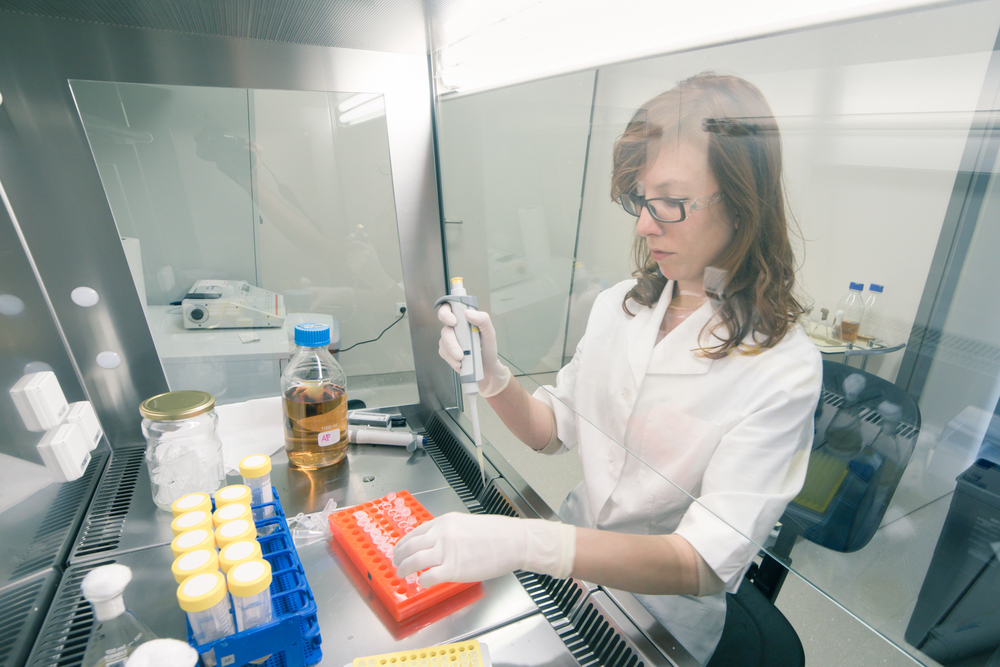
A multi-institution team of researchers recently published a study examining the role of a tiny protein called a delta peptide in making the Ebola virus more contagious.
Researchers from Tulane University, Louisiana State University and the Johns Hopkins University Institute for NanoBioTechnology (INBT) published their findings in the Journal of Virology.
The discovery could help scientists develop a treatment that targets the protein. Previously, scientists knew that the virus forced cells to produce delta peptide but did not know what role it played.
“Ebola causes infected cells to make the delta peptide,” said Kalina Hristova, a professor of materials science and engineering in Johns Hopkins’ Whiting School Engineering and a co-author of the journal article. “However, delta peptides do not become part of the new viruses. Therefore, they must be helpful to the virus in some other way.”
Gregory Wiedman, who was a doctoral student at Johns Hopkins during the project, gathered electrical signal data that showed that Ebola’s delta peptides could interact with lipids in the membrane that surrounds human cells.
Alexander Komin, another John Hopkins graduate student, conducted experiments to confirm that the delta peptide could cause holes to form in a mammalian cell’s protective membrane.
“It’s great to have been included in this project,” Komin, a co-author of the paper, said. “The team knew that this delta peptide was produced by the Ebola virus, but they didn’t know what its purpose was. I’m glad I had the right skill set to help find out what kind of damage it could do.”
Researchers at Tulane University Medical School plan to use the findings to help develop antibodies or another therapy to help prevent Ebola from spreading, Hristova said.




